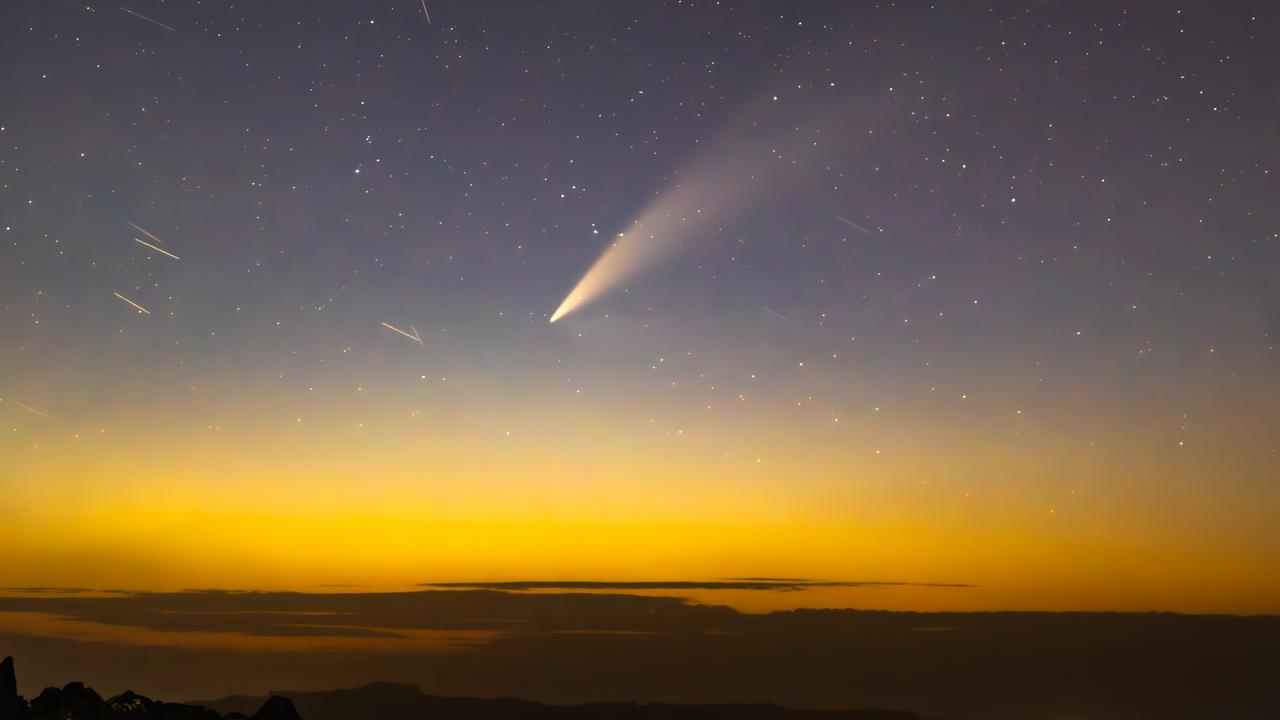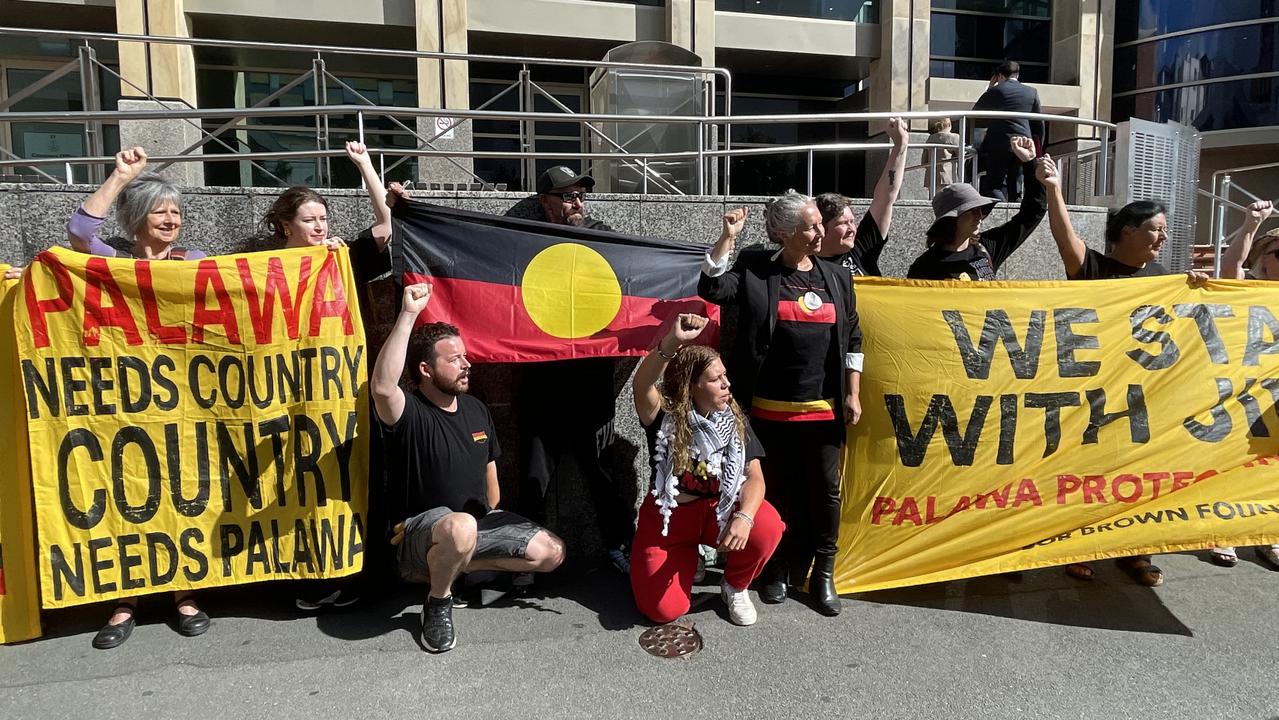‘People and community’: How Tassie music festivals are bucking the national trend
While interstate festival-goers are reeling from the cancellation of their favourite events, it’s a different story down south where small festivals are proving to be hits both on and off the stage.
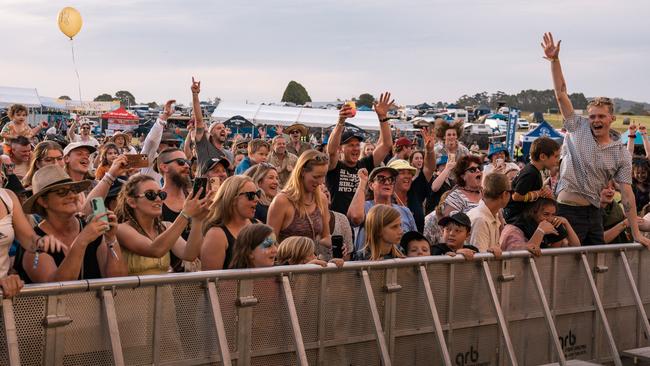
Tasmania
Don't miss out on the headlines from Tasmania. Followed categories will be added to My News.
Tasmanian music festivals are leading the recovery for the embattled industry, festival figures say.
While interstate festival-goers are reeling from the cancellation of their favourite events, it’s a different story down south where renewed focus on small community-based festivals is proving to be hits both on and off the stage.
Earlier this month, Good Gumnuts festival featured an impressive line-up of Australian indie acts including Hockey Dad, San Cisco and Alex Lahey in the small Tasmanian town of Heybridge on the north-west coast.
A festival circuit stalwart who survived the arduous pandemic years, Aria Award nominee Holly Rankin – who performed under her stage name Jack River – said Good Gumnuts had an “energising” effect.
“It was really encouraging to go to a small festival and feel something alive and well in music,” Ms Rankin said.
“I could feel the strength of the community – it was kind and genuine.”

Harry Badcock and Charlotte Grey founded the multi-day festival three years ago with the dream of an all-ages, family-based event able to accommodate the needs of their young son.
While still experiencing some growing pains, Mr Badcock said the event’s success should “change people’s mindset” about what regional festivals could achieve.
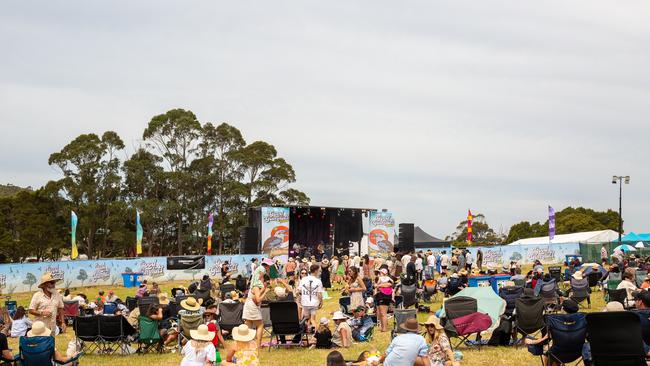
“We knew it was a good vibe because all artists were turning up three to four hours early. They wanted to be there,” Mr Badcock said.
“That homemade vibe goes when you get big. It gets rid of that intimacy.
“We do it because we love it and we want to just let families experience music when we were kids.”
That ethos had been a drawcard for festival-goers post Covid and delivered significant financial pay-offs to small towns, Australian Festival Association managing director Mitch Wilson said.
With festival-goers seeking “broader experiences” rather than mere line-ups, they said Tasmania was becoming a sought-after destination for artists – citing the relative success of Party in the Paddock.
An outlier amid an endless cycle of cancellations, Party in the Paddock was founded in 2012 by Jesse Higgs as an event to celebrate his 22nd birthday.
In the years since, it has grown to become one of Australia’s most anticipated music events, welcoming up to 14,000 guests and acclaimed international acts to the small town of Carrick, 17kms west of Launceston.
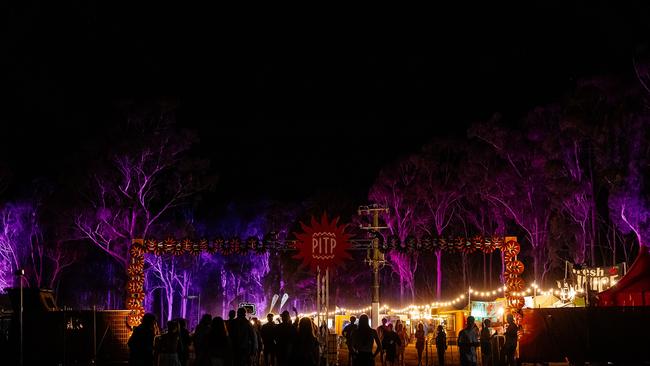
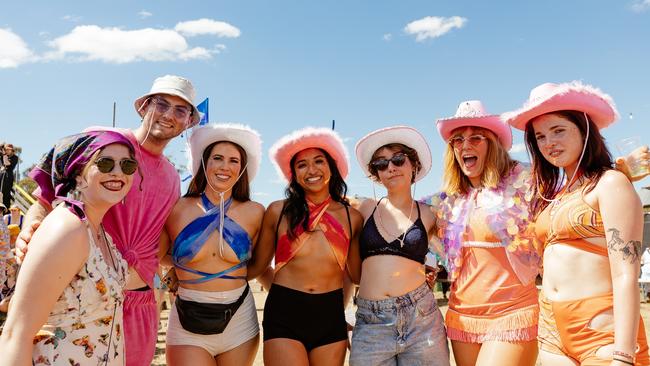
Among the acts set to take to the stage for next month’s events are British-indie band The Kooks, Norwegian singer Aurora, and off the back of their meteoric rise, Amyl and the Sniffers.
Mr Higgs said Tasmania’s “exotic” quality had contributed to its success.
“It’s a fresh place where many people have never been,” he said.
“The formula we’ve developed – creating really cool homegrown DIY music festivals that provide a strong sense of community – are working for other festivals.”
Investment into that formula would help to propel the industry forward, Ms Rankin said.
“There’s no big fix but it’s about going back to ground zero and rebuilding from there,” she said.
“Music has always been about people and community and that’s why we love coming to Tasmania.”
Originally published as ‘People and community’: How Tassie music festivals are bucking the national trend


